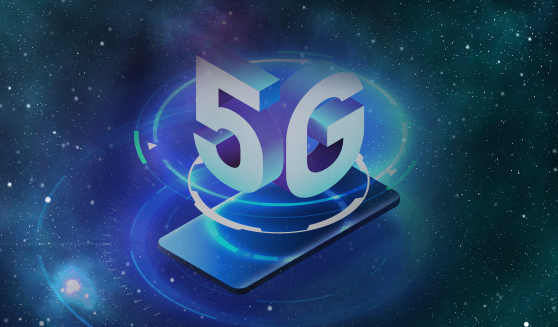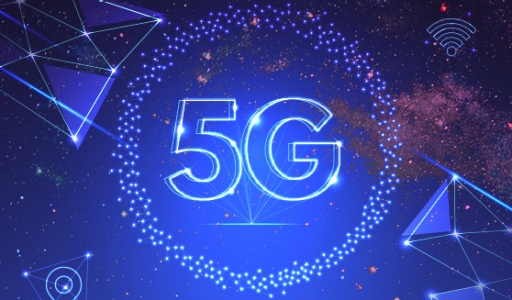
“Imagine a virtual Roman soldier showing you around the Roman Baths, now imagine this moving 360 degrees on your mobile phone at a resolution you have never experienced before – that’s what 5G technology can offer,” said Tim Bowles, West of England Mayor.
True to the above quote, 5G can fundamentally enable new applications, industries, and business models and substantially enhance the quality of life throughout the world through unprecedented use cases that need high data rate, low latency, and extensive connectivity.
Last few years, the Middle East region has witnessed the rapid development and adoption of emerging technologies such as Artificial Intelligence (AI), Internet of Things (IoT), 5G, and blockchain.
The 5G technology, however, is making a significant impact on various sectors, including travel and tourism.
5G to empower the tourism industry
Earlier this year, the Red Sea Development Company inked an agreement with Saudi Arabia based telecom provider Zain KSA for introducing telecommunication and internet services on-site during the construction phase. As a result, the Red Sea becomes the first construction zone to have 5G coverage in the Middle East.
Phase one of the project includes 16 hotels across five islands and two inland resorts.
As 5G technology allows for more devices to be connected simultaneously, resulting in faster data transfers, the hospitality sector can benefit by integrating it to offer unique experiences to customers such as connected rooms, voice assistants, chatbots, among others. Many hotel chains are currently considering the integration of this technology to offer innovative and more personalised services.
Since 5G is 100 times faster than we currently connect, we can also expect better live streaming, virtual and augmented reality experiences, especially on mobile devices.
Travel and tourism are set to be transformed, and as time goes on, we will notice its outcomes on our journey, from the airports to train stations and even on our own transportations.
With all this potential, how more will 5G transform the tourism sector?
Unlocking the future of smart transportation
The ability to handle more data and connect more devices simultaneously makes 5G vital to the effectiveness of self-driving cars and better city transportation systems. In addition, it could provide a missing link for safe, efficient and error-free self-driving cars. This technology does promise a future where we no longer have to drive ourselves to our destinations.
Furthermore, this technology could reduce road congestion by dynamically changing the position of stoplights according to traffic patterns.
The way we fly is about to change
While 4G manages 10,000 devices per square kilometre, experts say that 5G can deal with one million with greater speeds and increased data transfer. This means airports can operate better systems and offer passengers a smoother travel experience.
In short, this technology will deliver much more bandwidth capacity. From a passenger perspective, one can have complete access to many applications, including real-time streaming and tracking inside the airport. Also, through 5G, airport operations can exchange massive amounts of data in real-time for baggage and aircraft tags.
5G revolution in the hospitality industry
According to a Wi-Fi Survey report, 58 per cent of the respondents claimed that wi-fi is the most crucial factor for choosing accommodation. However, this demand is adding an increased strain on the hotel’s bandwidth and network security. 5G can solve these issues by offering high speeds for multiple devices while reducing the load on wi-fi networks.
Reliable 5G connections can give hotels advanced smart features like smart thermostats and connected lights. For instance, London’s Premier Inn Hub lets guests control the temperature or light of the room remotely from a touchscreen interface on the bed.
Transformation in railway stations
5G will deliver a quicker network and more consistent connectivity, which means fewer lost calls and cuts may be expected if railways deploy enough base stations along the rail tracks. The system will also provide real-time intelligence into everything from the ticket office and queues to monitor to AI-powered traffic forecasts and train and predictive maintenance of trains and infrastructure.
When connected to high-speed 5G networks, such sensors will also mean passengers can get real-time updates on their mobile devices, helping them more effectively plan their journeys and manage any unavoidable hold-ups.
The future of travel – powered by 5G
So, for a travel fanatic, 5G is not too far away. With time, travellers will see how much of an impact this technology has on the travel and tourism industry. From the airports, to the trains, to hotels, the future is set to change.






